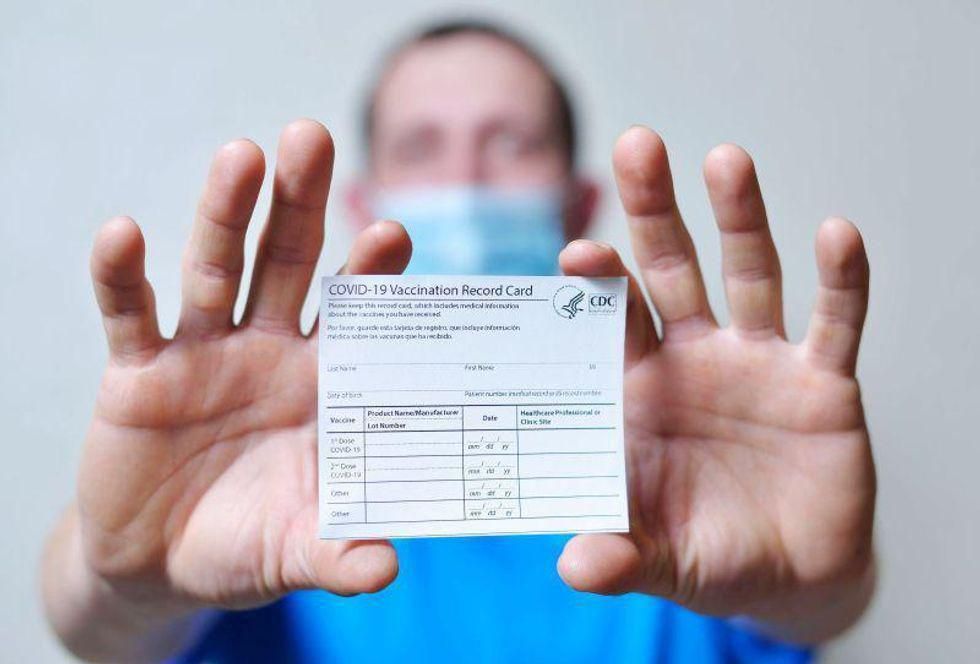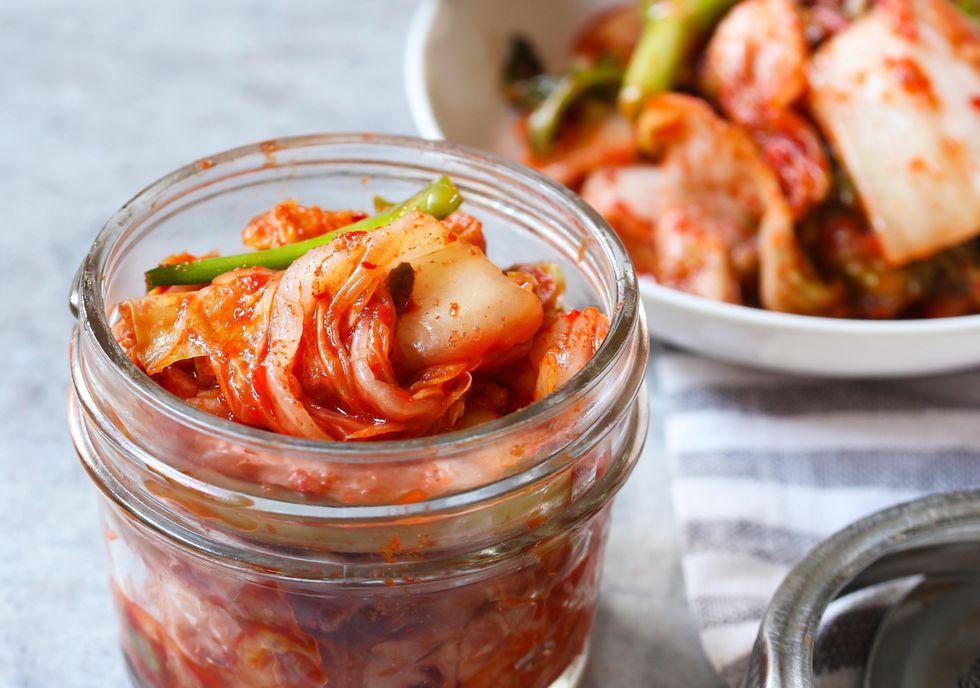
Giving a third dose of COVID-19 vaccines to adults with weakened immune systems — the immunocompromised — will be up for discussion during a U.S. Centers for Disease Control and Prevention advisory panel meeting next week. At the meeting scheduled for July 22, the Advisory Committee on Immunization Practices will focus on the 2% to… read on > read on >


















